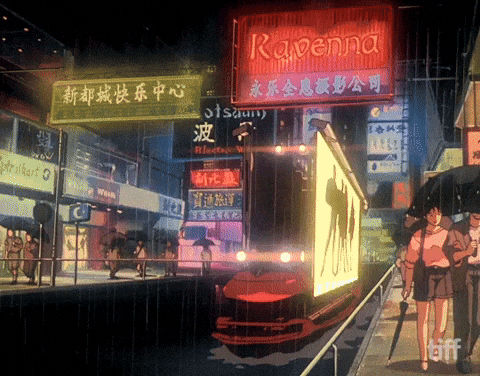In recent years, the anime film "Ghost in the Shell" has garnered significant attention not only due to its captivating storyline and stunning visuals but also because of its thought-provoking social implications. The movie delves into themes such as identity, consciousness, and technology's impact on society, which resonate with viewers even today.
One of the most striking aspects of "Ghost in the Shell" is how it challenges our understanding of what constitutes a person or an individual. With advancements in cybernetics and artificial intelligence, questions about where one's identity begins and ends become increasingly complex. The film explores these issues through its characters who have undergone various forms of augmentation – from full-body replacements to simple implants that enhance their abilities. This raises important discussions around consent, autonomy, and the ethics involved in altering one's body or mind.
Furthermore, "Ghost in the Shell" also touches upon the broader implications of technology on society as a whole. As we become more reliant on digital platforms for communication, work, and entertainment, concerns about privacy, surveillance, and data security grow exponentially. The film's portrayal of a world where everyone is connected through an omnipresent network serves as a cautionary tale about the potential dangers that come with such interconnectedness.
In conclusion, "Ghost in the Shell" offers valuable insights into some of the most pressing social issues we face today – from questions surrounding identity and autonomy to concerns about privacy and surveillance. By engaging with these themes through its compelling narrative and visually stunning world-building, the film encourages viewers to reflect on their own relationship with technology and consider how it shapes our understanding of what it means to be human in an increasingly digital age.
